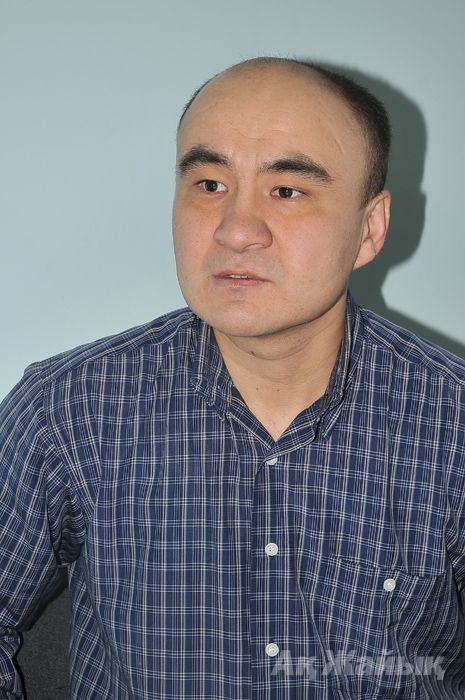 Maks BOKAYEV, the head of Arlan NGO As published earlier, TCO's Future Growth Project was not approved by Expert Council of State Environmental Expert Review in Astana.
Maks BOKAYEV, the head of Arlan NGO As published earlier, TCO's Future Growth Project was not approved by Expert Council of State Environmental Expert Review in Astana.
The editorial office got hold of TCO's official letter to Zhaik Caspian Aarhus Center and Daniyar YERENCHINOV, chairman of environmental regulation and control committee.
In the letter, the company answers the question concerning FGP modules transportation route, which previously wasn't disclosed at the Expert Council.
To recall, earlier TCO had stated it was considering three options for transportation of modules to Tengiz:
North route - dredging operations in the sea and the Ural river; modernization of port in Atyrau; construction of a 220km special road between Atyrau and Tengiz along CPC (Caspian Pipeline Consortium);
South route - modernization of port infrastructure near Aktau; restoration of general use roads from the port to Tengiz (675km);
And the last - a direct sea access that envisages digging a 60km channel from the sea to Tengiz.
For TCO the northern route is preferrable. They say it is the best option in terms of meeting construction schedules. TCO states transportation via this route is more expensive than by channel, although the company is ready to face large expenditures.
Judging by the document, TenizService, a contracting company unofficially owned by Timur Kulibayev, which is now completing North Caspian Oil Spill Response Base construction, proposed the option of direct sea access.
The option provides construction of a 60km channel, a high dam and sea infrastructure to the south of Prorva Peninsula. Given facility will be linked to a 70km road.
Nevertheless, TCO continues to develop the option of northern route to ensure final decision is made by late 1st quarter, 2013.
KEEP IT FAR FROM THE ESTUARY
- For TCO the most reliable option is the northern one, says Maks BOKAYEV, the head of Arlan NGO. - If a channel to Prorva is accomplishable and if they remove NCOSRB from the river's estuary, the sea route will be the least harmful option for the nature. 10 years ago I was there what FGP director Paul Benoit called Prorva Peninsula. Then, it wasn't marshy and there weren't thick bushes. If it's still so, it's fauna is not diverse, unlike the Ural's estuary. Based on these assumptions, to locate naval operations support facilities there is quite possible. Another advantage is the proximity of the airport. TCO and Kashagan operators could modernize it and use together.
Above all, the most important thing is the minimum negative impact on the environment.
By Laura SULEIMENOVA
 В Атырау -10
В Атырау -10